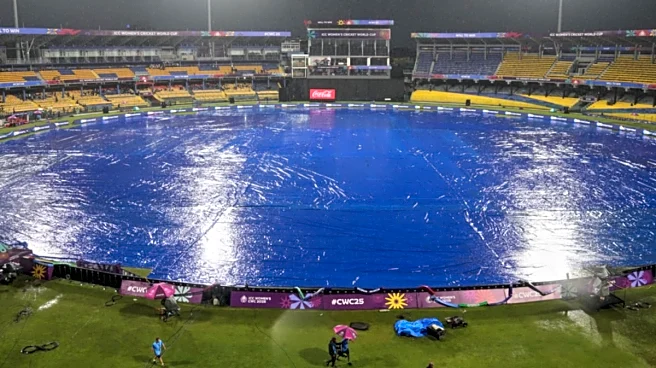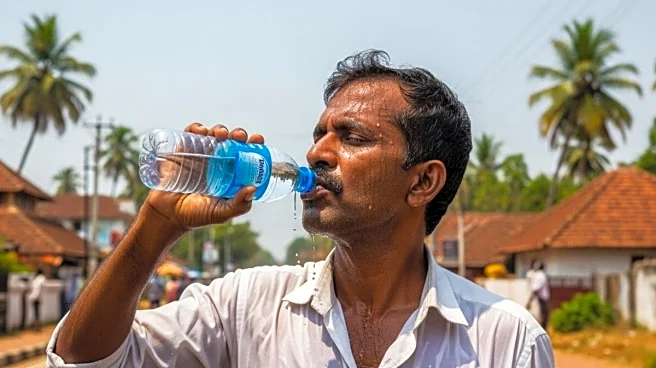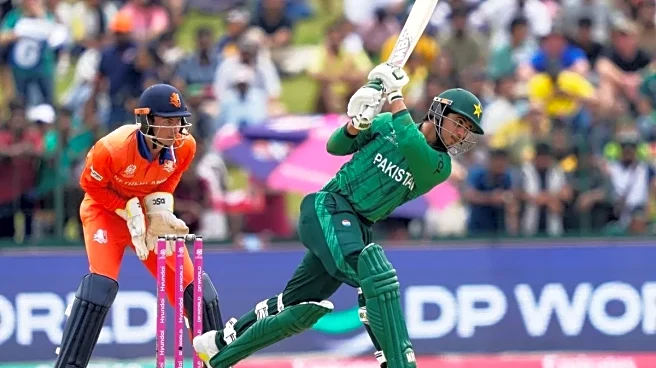What is the story about?
Travel demand in India is expected to surge during the upcoming festive season, with bookings across rail, bus, and air segments showing growth. Data from Ebix Travel, which operates Via.com and Mercury Travels, indicates an increase in lead times for bookings, rising to 7–15 days compared to 1–3 days during non-festive months.
Ankur Sharma, Chief Business Officer at Via.com, said, “Festive travel in India connects families, traditions, and destinations. Travellers are planning earlier, and UPI is emerging as the fastest-growing payment mode, reflecting the adoption of digital payments alongside traditional methods.”
Domestic and international travel expenditure
Domestic trips during this period typically cost ₹3,000–₹7,000 per day, while short-haul international travel for a week ranges between ₹25,000–₹35,000.
Tier 2 and Tier 3 corridors, such as routes from Bengaluru to Andhra Pradesh and Telangana or Delhi to Uttar Pradesh and Bihar, account for a substantial portion of bookings.
Premium intercity bus routes report near-full occupancy, with fares increasing 1.5 to 3 times above baseline levels.
Evaluating festive packages
Experts recommend that travellers focus on overall experience rather than just discounts.
Pardeep Kumar Siwach, DGM- Accommodation at Mayfair Spring Valley Resort, said, “Thoughtful inclusions, such as wellness sessions, curated dining, cultural programs, or family-friendly activities, create lasting memories beyond just savings. Clear pricing without hidden costs is equally important.”
Animesh Kumar, Head of Commercial at ibis & ibis Styles India, added, “Guests now evaluate packages for essentials like meals, flexible check-in and check-out, or curated festive experiences that enhance the stay. Travellers are seeking experiences that combine convenience, comfort, and cultural connection.”
Luxury and boutique stays in demand
Ritwik Khare, CEO & Founder of ELIVAAS, noted that private, spacious villas are gaining popularity among multi-generational families and friend groups.
“The luxury villa segment is no longer niche. Guests are choosing destinations that offer exclusivity and accessibility, enabling meaningful celebrations while maintaining privacy,” he said.
Jose Ramapuram, Executive Director Marketing at Evolve Back Resorts, emphasised the role of transformative travel experiences.
“Tourism should create lasting impact. Guests today are looking for stays that celebrate local heritage, support communities, and provide meaningful learning experiences beyond traditional luxury," he said.
Demographics and sustainability driving choices
Millennials constitute 40% of travellers during the festive period, followed by Gen Z at 28%. Single travellers make up half of all bookings, with couples at 30% and groups at 20%. The gender ratio is approximately 70% male and 30% female.
Vikram Dhawan, Chief Strategy Officer at Ebix Travel, highlighted sustainability as a factor influencing choices, “The global sustainable tourism market is projected to grow from $2.73 trillion in 2023 to $9.17 trillion by 2032. In India, tourism contributes nearly 5% of GDP. Aligning growth with low-carbon infrastructure, local value creation, and circular resource use is increasingly relevant for travelers and operators alike.”
Planning smart festive travel
Travellers can plan early, consider curated experiences, and use digital payment options for convenience and rewards.
Options range from short domestic trips to international leisure travel, with spending levels reflecting varying preferences for comfort, accessibility, and immersive experiences.
Ankur Sharma, Chief Business Officer at Via.com, said, “Festive travel in India connects families, traditions, and destinations. Travellers are planning earlier, and UPI is emerging as the fastest-growing payment mode, reflecting the adoption of digital payments alongside traditional methods.”
Domestic and international travel expenditure
Domestic trips during this period typically cost ₹3,000–₹7,000 per day, while short-haul international travel for a week ranges between ₹25,000–₹35,000.
Tier 2 and Tier 3 corridors, such as routes from Bengaluru to Andhra Pradesh and Telangana or Delhi to Uttar Pradesh and Bihar, account for a substantial portion of bookings.
Premium intercity bus routes report near-full occupancy, with fares increasing 1.5 to 3 times above baseline levels.
Evaluating festive packages
Experts recommend that travellers focus on overall experience rather than just discounts.
Pardeep Kumar Siwach, DGM- Accommodation at Mayfair Spring Valley Resort, said, “Thoughtful inclusions, such as wellness sessions, curated dining, cultural programs, or family-friendly activities, create lasting memories beyond just savings. Clear pricing without hidden costs is equally important.”
Animesh Kumar, Head of Commercial at ibis & ibis Styles India, added, “Guests now evaluate packages for essentials like meals, flexible check-in and check-out, or curated festive experiences that enhance the stay. Travellers are seeking experiences that combine convenience, comfort, and cultural connection.”
Luxury and boutique stays in demand
Ritwik Khare, CEO & Founder of ELIVAAS, noted that private, spacious villas are gaining popularity among multi-generational families and friend groups.
“The luxury villa segment is no longer niche. Guests are choosing destinations that offer exclusivity and accessibility, enabling meaningful celebrations while maintaining privacy,” he said.
Jose Ramapuram, Executive Director Marketing at Evolve Back Resorts, emphasised the role of transformative travel experiences.
“Tourism should create lasting impact. Guests today are looking for stays that celebrate local heritage, support communities, and provide meaningful learning experiences beyond traditional luxury," he said.
Demographics and sustainability driving choices
Millennials constitute 40% of travellers during the festive period, followed by Gen Z at 28%. Single travellers make up half of all bookings, with couples at 30% and groups at 20%. The gender ratio is approximately 70% male and 30% female.
Vikram Dhawan, Chief Strategy Officer at Ebix Travel, highlighted sustainability as a factor influencing choices, “The global sustainable tourism market is projected to grow from $2.73 trillion in 2023 to $9.17 trillion by 2032. In India, tourism contributes nearly 5% of GDP. Aligning growth with low-carbon infrastructure, local value creation, and circular resource use is increasingly relevant for travelers and operators alike.”
Planning smart festive travel
Travellers can plan early, consider curated experiences, and use digital payment options for convenience and rewards.
Options range from short domestic trips to international leisure travel, with spending levels reflecting varying preferences for comfort, accessibility, and immersive experiences.
/images/ppid_59c68470-image-175923754362652125.webp)




/images/ppid_a911dc6a-image-17706892382281453.webp)

/images/ppid_a911dc6a-image-17706885616409661.webp)
/images/ppid_a911dc6a-image-177068852974566338.webp)
/images/ppid_59c68470-image-177068768683725044.webp)
/images/ppid_59c68470-image-177068754309129213.webp)
/images/ppid_59c68470-image-177068773220034130.webp)
/images/ppid_59c68470-image-177068778557690523.webp)
/images/ppid_59c68470-image-177068760218448786.webp)


/images/ppid_59c68470-image-177068503852327487.webp)